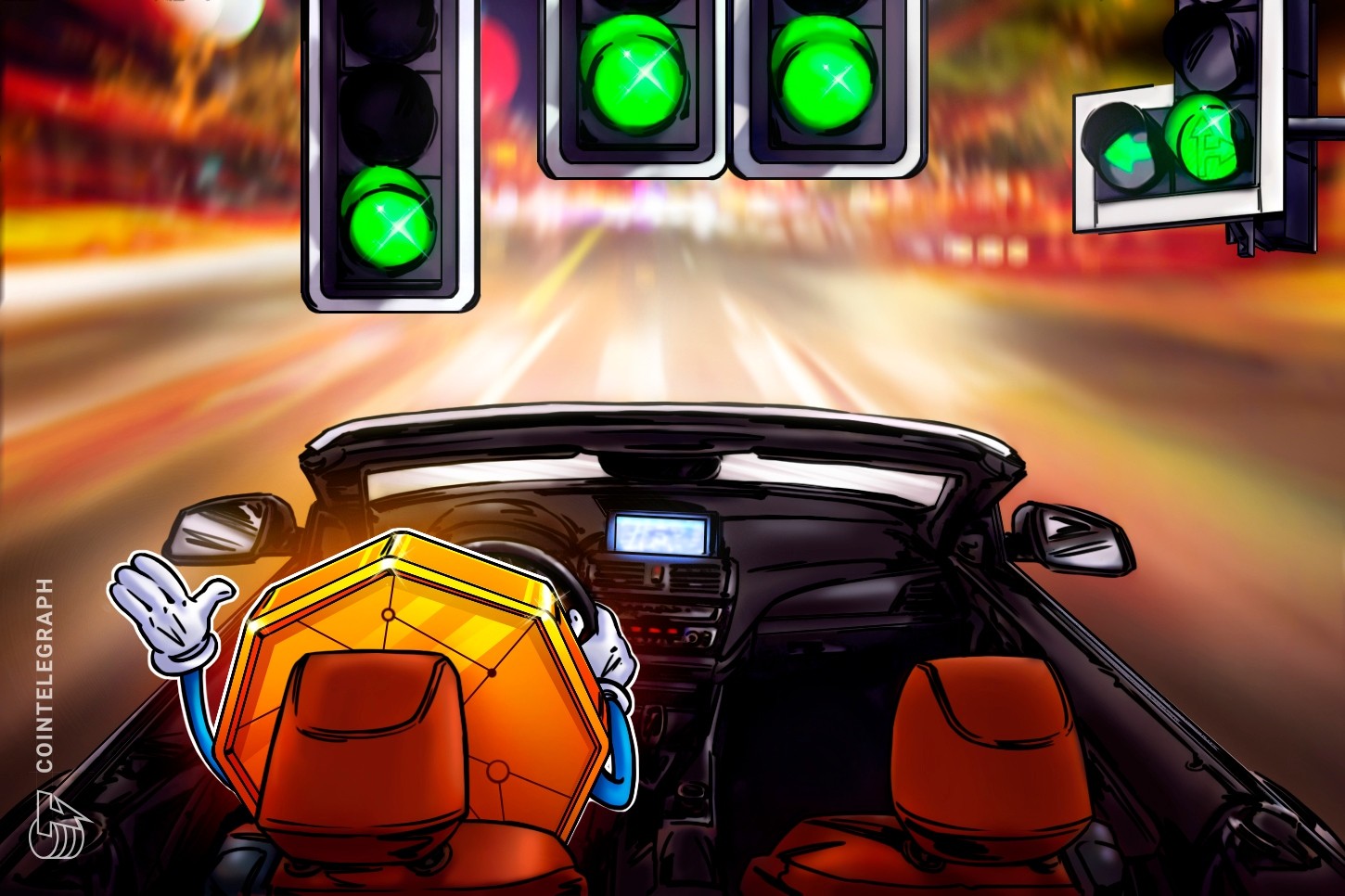Opinion by: Evan Kuhn, president of DeLorean Labs
When car manufacturers develop a new model, their fragmented logistics and sales cycle mean that even if a customer puts down a deposit, they have no feasible or reliable way of projecting delivery for that car.
Eager car buyers can wait months or even years after paying their deposit, without knowing where they sit in the queue for delivery. This is why new models are priced over the sticker price when cars first enter the market.
There has been no industry-wide solution — but tokenized reservations will open up a multitrillion-dollar market.
The broken logic of modern car reservations
Reserving a car model today is incredibly inefficient. Car buyers pay massive markups when new models are rolled off the lot because there is no foresight into manufacturing schedules.
The options are, if you want the new car now, you have to pay a considerable premium over the sticker price, and if you’re going to pay the regular sticker price, you have no say or idea as to when you will get delivery of your car. So, how big is this problem?
A recent APAC hospitality study showed cancellations via Booking.com account for 40% of revenue. In comparison, Expedia sees 24%, suggesting tens of billions at stake globally, while ticket resale platforms extract 30% markups, leaving both artists and fans worse off.
Automobile waitlists remain even more opaque. Dealers have bilked buyers with $30,000-$70 ,000 markups on Ford F‑150 Lightning orders, demonstrating a lucrative secondary market created entirely by information asymmetry, even without a formalized “black market.” Even manufacturing suffers, with 15%-30% of capacity sitting idle, as per a McKinsey report, because small firms lack access to tradable reservation systems.
Smart contracts on the blockchain elegantly solve problems associated with information asymmetry. Tokenized flat reservations, for example, can escrow deposits onchain, allowing buyers to trade their positions freely, while developers maintain steady sales momentum.
The auto industry’s $50-billion tokenization opportunity
The automotive sector presents a compelling case for reservation tokenization, where phantom waitlists have long enabled abusive markups.
Tesla’s Cybertruck accumulated over 1 million reservations, each underpinned by a refundable deposit of up to $250, representing over $200 million of dormant capital that could otherwise power secondary‑market liquidity rather than being stored in corporate coffers.
Related: Carmaker DeLorean tokenizes EV reservations on Sui
A tokenized reservation system would end such practices by transparently allowing queue positions to be tradable, with producers selling royalties on secondary trades. The technical infrastructure already exists. BMW’s venture-capital unit has invested extensively in blockchain‑based supply‑chain solutions, and Mercedes is piloting automated payment systems for car‑charging networks. Mercedes’ maker, Daimler, has also been exploring decentralized identity, in-vehicle data sharing and automatic payments for electric charging, using blockchain in logistics and costs.
Consider the ripple effects: An order for a Tesla that is then tokenized might be traded on production timelines, geographic delivery priorities or customizations. Early adopters might sell their position in the queue, manufacturers might capture secondary‑market value, and prices would be set transparently, rather than being obscured by dealer markups.
These build-to-sell slots would function like call options in financial markets, giving holders the right (but not obligation) to purchase later. If preferences change or demand skyrockets, slots could be sold freely. This approach would introduce market dynamics to an industry historically lacking transparency.
Skeptics may call this overengineering, but the numbers suggest otherwise. In February 2025 alone, OpenSea recorded over $211 million in non-fungible token (NFT) trading volume, capturing 47.8% of the market.
Seamless user experience is the missing link
For mass adoption, blockchain must become invisible. Promising examples include Visa’s experiments with gasless payments via Account Abstraction, Circle’s Verite, which enables users to prove compliance without revealing personal data, and Magic Link’s email-based wallet access. The goal isn’t to force users into crypto, but to embed blockchain’s benefits into everyday interactions, making them seamless, automatic and largely invisible to the user.
According to Boston Consulting Group, the tokenization of real-world assets could reach $16.1 trillion, spanning financial products such as insurance, pensions, alternative investments, home equity, infrastructure and patents. Redirecting even a fraction of that activity to real-world reservations, hotel rooms, concert tickets or unused factory time would create new secondary markets.
The road ahead
Nike’s exit from NFTs didn’t spell the end for tokenization, but instead refined the focus. Similarly, the next breakthrough won’t come from digital art but from practical applications: hotel chains monetizing no-shows through open resale markets, carmakers eliminating waitlist scalping with transparent slot trading or healthcare providers cutting MRI waste while earning fees from legitimate transfers.
The trillion-dollar question isn’t whether tokenized reservations will reshape industries, but which sectors will move first to claim the advantage of open, liquid booking systems. Those who act now won’t just solve old problems — they’ll unlock entirely new markets.
Opinion by: Evan Kuhn, president of DeLorean Labs.
This article is for general information purposes and is not intended to be and should not be taken as legal or investment advice. The views, thoughts, and opinions expressed here are the author’s alone and do not necessarily reflect or represent the views and opinions of Cointelegraph.
This opinion article presents the contributor’s expert view and it may not reflect the views of Cointelegraph.com. This content has undergone editorial review to ensure clarity and relevance, Cointelegraph remains committed to transparent reporting and upholding the highest standards of journalism. Readers are encouraged to conduct their own research before taking any actions related to the company.


